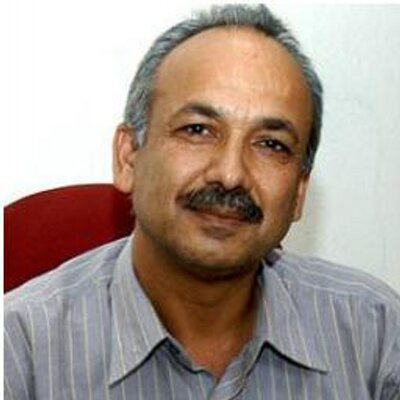By Yubaraj Ghimire ( November 10, 2015) -The current tension in Nepal-India relations found its echo at the United Nations, perhaps for the first time in the 62-year-old bilateral relationship.
In response to India’s acting ambassador’s comment on the Universal Periodic Report on Nepal’s human rights situation, asking Nepal to shun its “security approach” to political issues that include the Madhesi parties’ agitation, the deputy prime minister and foreign minister said that Nepal was capable of solving its internal problems on its own. He also told the world community at the UN Human Rights Council in Geneva that Nepal shouldn’t be punished for promulgating its constitution. He raised the issue, albeit without using the words “India” or “blockade”, of how the obstruction of supplies to landlocked Nepal has led to an accumulated loss of $5 billion — more than the loss suffered because of the April earthquake.
China, Nepal’ s other neighbour, which has been supplying petrol more as a symbolic gesture and is in the process of opening six additional trade checkpoints, was equally encouraging of Nepal’s human rights initiative. The Chinese representative asked Nepal to work more towards promoting children’s education, especially for those with disabilities, and giving more emphasis to poverty alleviation programmes. China’s protective attitude towards Nepal was clearly visible in the context of its reiteration that Nepal should solve its own problems and that China would do everything to protect Nepal’s territorial integrity and sovereignty.
The human rights issue has not been a big matter for India, especially at international forums. But New Delhi did something that gives the impression that it’s in the process of reviewing its own role and approach to Nepal’s 12-point programme that the erstwhile UPA government had authored to bring the insurgent Maoists and key political parties in Nepal together on the anti-monarchy platform. The decision to promote anti-monarchy forces and bringing traditional parties like the Nepali Congress to follow the Maoist radical agenda — under the 12-point agreement — is, of late, being seen as the main reason for the growth of anti-Indianism in Nepal. What was ignored at that time was that the monarchy, even in its authoritarian form, and the Nepali Congress together had acted as a cushion, always complying with India’s interests when they directly clashed with China’s.
India’s representative in Geneva not only commented on the current political scene in Nepal but also said that those guilty of violating human rights during the years of conflict must be brought to justice. The UPA brought the Maoists to the centrestage in 2006, after assessing that they were the emerging force that India should be working with. But the action against the civil war guilty, as demanded by India now, targets the very Maoists to a large extent. This indicates that India’s next policy in Nepal would be to move against the alliance of the two communist parties currently in power in Kathmandu.
But India has lost much and the current scarcity in essential commodities, following the blockade, has made anti-Indianism widespread. Not to forget that PM Narendra Modi is a loser at a personal level in Nepal. There’s also an overdose of scepticism about Modi’s trustworthiness, although he tried to give a clear impression during his visits to Nepal that he is different from other Indian PMs and that he cares more for the Nepalese people and for their progress and prosperity.
While irritants or stand-offs between the two sides are not new — and they have been sorted out in the past — taking the relationship back to normal, given that India chose to make an adverse comment on Nepal’s human rights and political situation at an international forum, will be seen as a clear admission that Delhi’s decisive role in Nepal is over.
This article has been originally published in The Indian Express on 10 NOV 2015.
– See more at: http://indianexpress.com/article/opinion/columns/narendra-modi-india-nepal-india-nepal-relations-nepal-congress/#sthash.wwajNygS.dpuf



